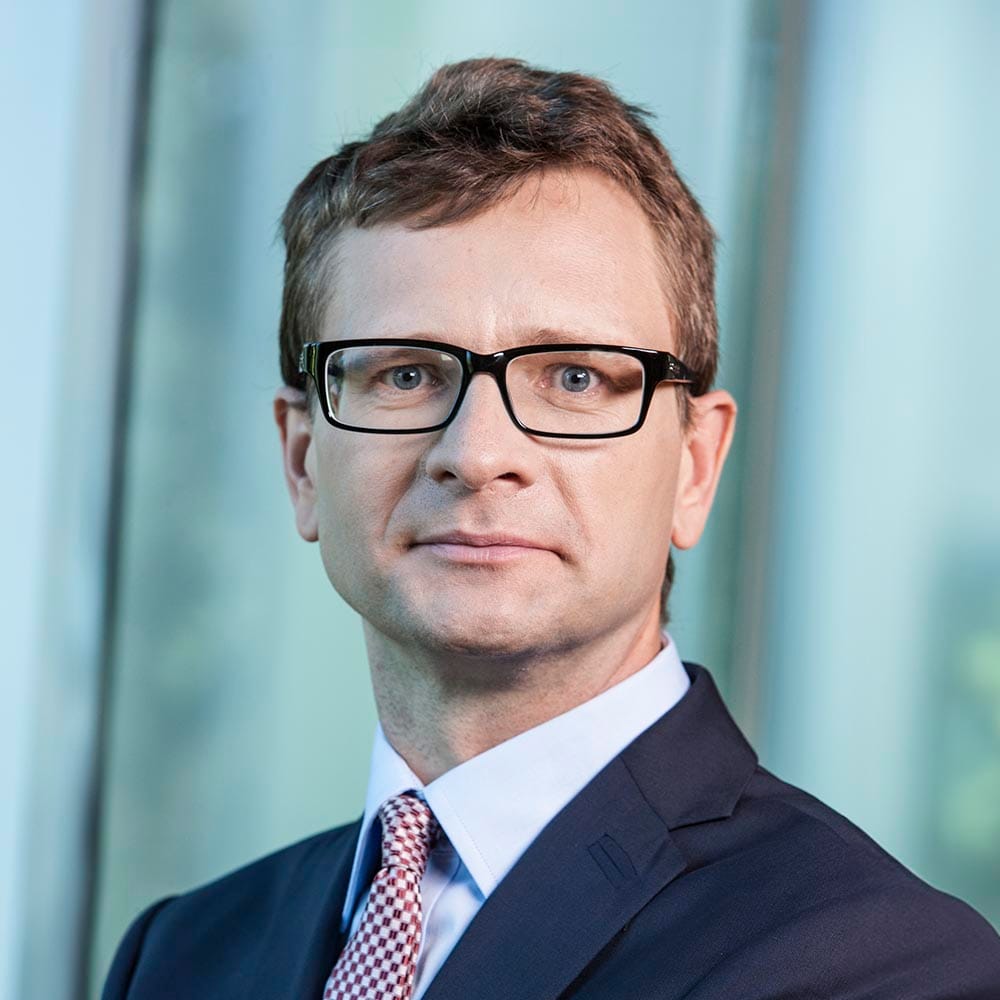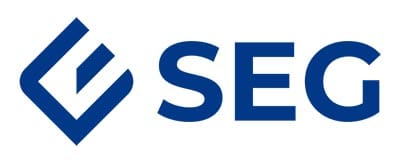Stowarzyszenie Emitentów Giełdowych (SEG) is the Polish association of listed companies on the Stock Exchange.
The objective of the association is to enable the co-operation of issuers in order to develop citizen-consciousness and responsibility and contribute to the evolution of Polish economics and social life.
The SEG is working towards the creation of a market economy and the improvement of the organizational capacity of its members.
Bridges spoke with Mirosław Kachniewski, SEG’s President on Poland’s past, present and future…
Bridges: What is Poland getting right in terms of its economy?
Kachniewski: The transformation of Poland’s economy from a centrally-planned system to a market-oriented one began 35 years ago.
Though this period hasn’t been long enough to completely catch up with Western Europe, Poland has made significant strides.
After World War II, as the most devastated country, Poland was not permitted to participate in the Marshall Plan, resulting in a considerable gap with developed nations by 1989. Closing this gap in just a few decades has been challenging. However, a delayed start offers the advantage of learning from the mistakes of early adopters. As the global economy often resembles fortune-telling more than science, observing and avoiding the missteps of leading nations is increasingly valuable.
Poland can take pride in its extremely modern banking system and the ingenuity of its people. The former advantage is a result of leapfrogging outdated technologies, bypassing the era of cheques, and embracing internet and mobile banking directly. The latter stems from the positive legacy of communism, which provided high-quality free education and fostered a culture of resourcefulness needed to survive during challenging times. This spirit has been passed down to younger generations.
What role can new Japanese and Asian investors play in Poland?
While technology investments are an obvious opportunity, the cultural exchange between Poland and Japanese or Asian partners could be even more significant.
My experience suggests that diversity breeds opportunity. When a group of homogenous individuals tackles a problem, they often converge on similar solutions. However, introducing just a couple of people with different cultural backgrounds and experiences can lead to novel and unexpected ideas.
Historically, being a bridge between East and West has been a source of both struggle and advantage for Poland, allowing it to absorb diverse cultural influences. As the world grows smaller, there’s potential to benefit from broader interactions with culturally distant nations, such as those in Asia.
Poland can take pride in its extremely modern banking system and the ingenuity of its people.
Mirosław Kachniewski, President of SEG
How do you foresee Poland’s future in the EU and as an increasingly important player in Central and Eastern Europe (CEE)?
I am a strong advocate for European integration and hope this process will persist despite various real and perceived challenges. I believe Poland will play a vital role in promoting further integration and in welcoming new member states, like Ukraine.
When Poland joined the EU 20 years ago, we were eager and worked hard, significantly contributing to EU growth with our high-quality, cost-effective labor force. Today, the disparities have diminished, and younger generations raised in relative welfare are less focused on work compared to my generation. Thus, we need a new driving force.
I believe Poland’s future hinges on its success in the green transformation, especially within the energy sector.
We might again benefit from a delayed start, transitioning directly from coal to cutting-edge energy solutions, such as hydrogen reactors. My hope is that the climate crisis will prompt us to take necessary action without excessively disrupting our economy or way of life.




